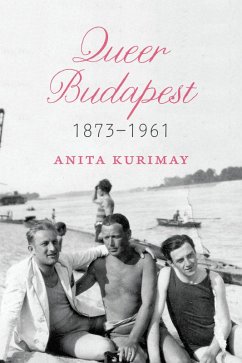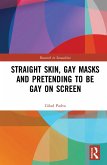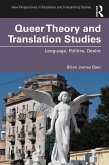By the dawn of the twentieth century, Budapest was a burgeoning cosmopolitan metropolis. Known at the time as the "e;Pearl of the Danube,"e; it boasted some of Europe's most innovative architectural and cultural achievements, and its growing middle class was committed to advancing the city's liberal politics and making it an intellectual and commercial crossroads between East and West. In addition, as historian Anita Kurimay reveals, fin-de-siecle Budapest was also famous for its boisterous public sexual culture, including a robust gay subculture. Queer Budapest is the riveting story of nonnormative sexualities in Hungary as they were understood, experienced, and policed between the birth of the capital as a unified metropolis in 1873 and the decriminalization of male homosexual acts in 1961. Kurimay explores how and why a series of illiberal Hungarian regimes came to regulate but also tolerate and protect queer life. She also explains how the precarious coexistence between the illiberal state and queer community ended abruptly at the close of World War II. A stunning reappraisal of sexuality s political implications, Queer Budapest recuperates queer communities as an integral part of Hungary s and Europe s modern incarnation.
Dieser Download kann aus rechtlichen Gründen nur mit Rechnungsadresse in A, B, BG, CY, CZ, D, DK, EW, E, FIN, F, GR, HR, H, IRL, I, LT, L, LR, M, NL, PL, P, R, S, SLO, SK ausgeliefert werden.









